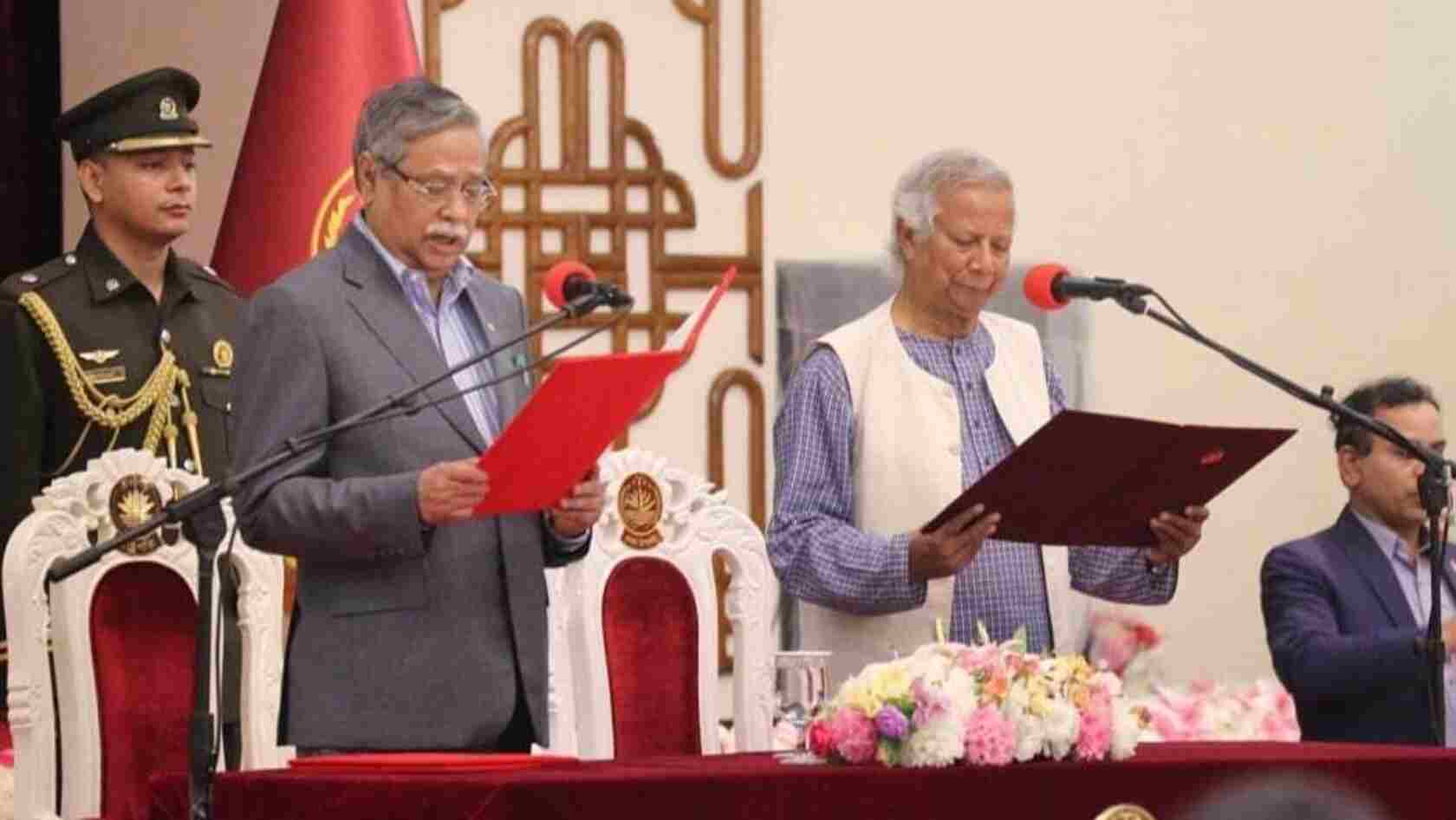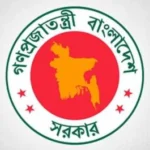Interim Government Led by Nobel Laureate Prof. Muhammad Younus Marks One Year in Office

The interim government, led by Nobel Peace Prize winner Professor Dr. Muhammad Younus, is marking its first anniversary today following last year’s historic student-people uprising.
On August 5, 2024, a mass uprising brought down the rule of Sheikh Hasina after a 36-day movement in which a large number of students and ordinary citizens were killed or injured. Three days later, on August 8, the interim government was sworn in.
In line with the aspirations of the July martyrs, the government has taken a series of measures to bring positive changes in all sectors — including electoral reforms, governance, media freedom, the economy, the judiciary, law and order, and justice for those killed in the uprising.
On August 5 this year, the day Sheikh Hasina fled the country marking the final victory of the mass movement, the government presented the “July Declaration” to the nation to commemorate National Uprising Day.
Following multiple rounds of discussions with political parties through the “National Consensus Commission,” the draft of the July Charter is now in its final stage.
On the same day, Chief Adviser Professor Muhammad Younus announced that the next parliamentary election will be held in February 2026.
“On behalf of the interim government, I will send a letter to the Chief Election Commissioner asking the Election Commission to hold the national election in February 2026, before the next Ramadan,” he said.
The following day, on August 6, the Chief Adviser’s Office sent a formal letter to the Election Commission, requesting preparations for the election before Ramadan in February 2026.
According to the Chief Adviser’s Press Wing, this letter has completed the procedural step of the government’s request to hold the election.
Today, the Election Commission held a meeting at its headquarters in Agargaon, Dhaka. After the meeting, Election Commissioner Brigadier General (Retd.) Abul Fazal Md. Sanaullah briefed journalists, saying the schedule for the next general election will be announced in the first half of December.
The government has already formed several reform commissions — including the Electoral Reform Commission, Police Reform Commission, Judicial Reform Commission, Anti-Corruption Reform Commission, Public Administration Reform Commission, Health Reform Commission, Media Reform Commission, Workers’ Rights Reform Commission, and Women’s Affairs Reform Commission. These commissions have submitted their recommendations, and the government has taken initiatives to implement many of them.
Due to various government measures, overall inflation dropped to 8.48% in June this year — the lowest in 35 months.
In his address to the nation, Prof. Younus said the goal is to bring food inflation down to 6% by December. He acknowledged that inflation control has been one of the greatest challenges for the interim government.
He noted that soon after assuming office, devastating floods in the country’s southern and northern regions severely damaged agricultural production. “There was a risk of prices of essential goods rising sharply. But timely action, market monitoring, and curbing middlemen prevented that. Especially since last Ramadan, the market has remained stable,” he said.
The Chief Adviser added that strong confidence from the Bangladeshi diaspora has also helped restore stability in the country’s foreign currency reserves.
In the last fiscal year, a record USD 30.33 billion in remittances came through banking channels, boosting export earnings by about 9% and strengthening the Taka’s value. “For the first time in many years, the Taka is gaining against the US dollar,” he said.
He also reported that in the past 11 months, Bangladesh paid USD 4 billion in principal and interest to foreign lenders — the highest in the country’s history — while still increasing foreign exchange reserves.


